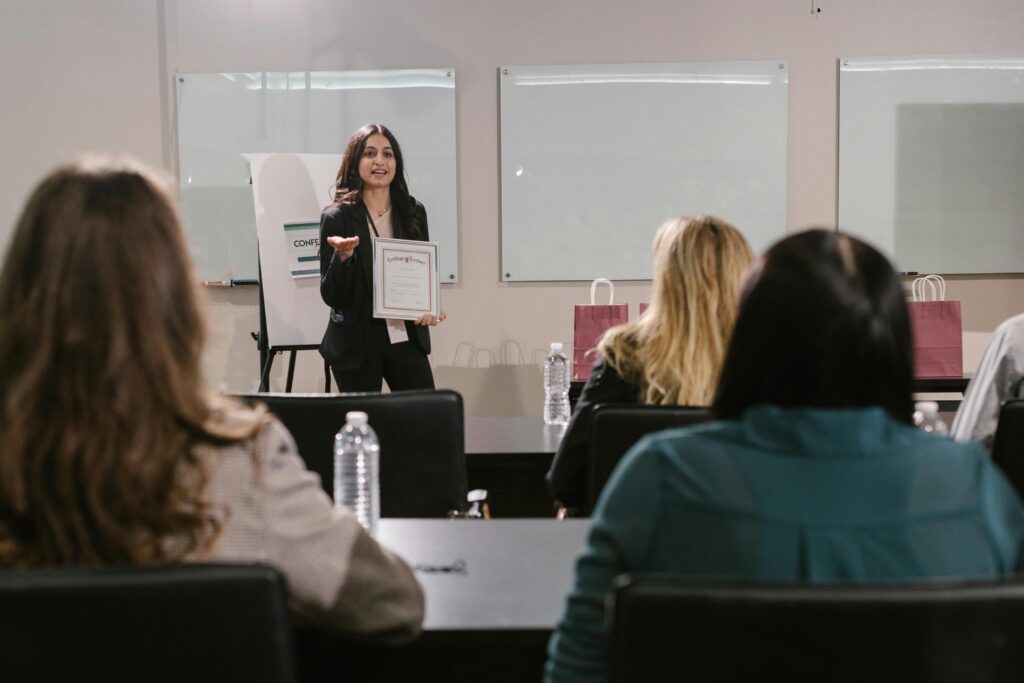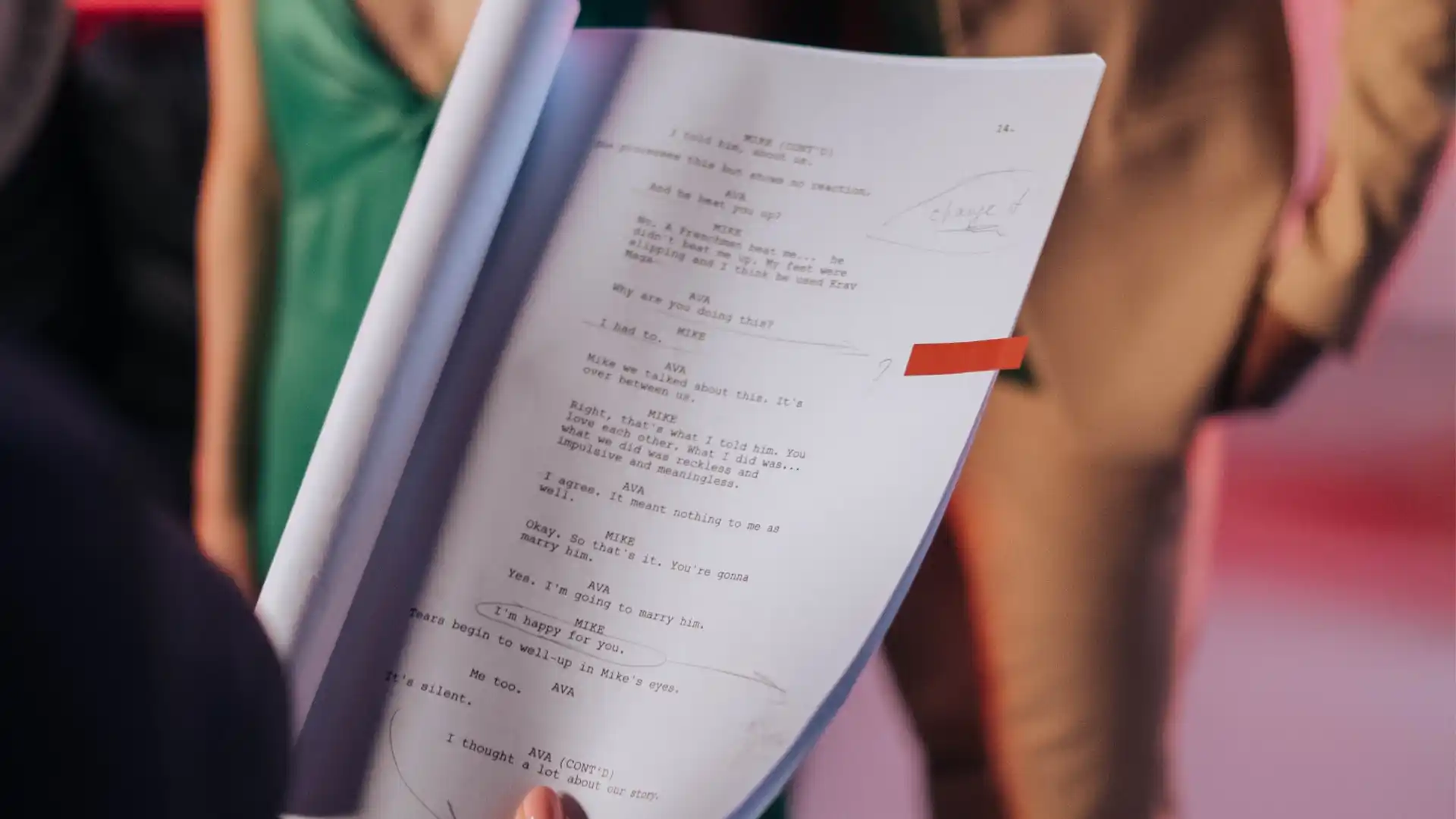Media literacy training plays a crucial role in today’s digital age, where information is readily accessible and constantly evolving. As individuals navigate a vast array of media platforms and content, the ability to critically analyze and evaluate information becomes essential. Whether in education, journalism, or everyday life, media literacy training empowers individuals to become discerning consumers and creators of media content.
Understanding Media Literacy
Media literacy encompasses a range of skills that enable individuals to access, analyze, evaluate, and create media content effectively. By developing media literacy skills, individuals can navigate the complex media landscape with confidence and critical thinking.
Identifying Misinformation
In an era of fake news and misinformation, media literacy training is vital for distinguishing between credible sources and unreliable information. By honing fact-checking skills and evaluating sources critically, individuals can avoid falling prey to misinformation.
Digital Citizenship
Media literacy training goes beyond consuming media; it also emphasizes responsible digital citizenship. Understanding online privacy, digital footprints, and ethical behavior in digital spaces is integral to navigating the digital world safely and responsibly.
Critical Thinking Skills
Media literacy training fosters critical thinking skills by encouraging individuals to question assumptions, analyze perspectives, and consider the context of media messages. By approaching media content with a critical eye, individuals can make informed decisions and interpretations.
Media Production Skills
In addition to consuming media, media literacy training often includes developing media production skills. From creating videos and podcasts to designing graphics and writing articles, hands-on media creation experiences enhance understanding and appreciation of media content.
Cultural Awareness
Media literacy training promotes cultural awareness by encouraging individuals to recognize and respect diverse perspectives in media representations. Understanding how media shapes cultural narratives and influences perceptions is essential for fostering inclusivity and empathy.
Media Ethics
Ethics play a vital role in media literacy training, guiding individuals on responsible media consumption and production. Upholding principles of accuracy, fairness, and transparency in media practices contributes to a more ethical and trustworthy media environment.
Information Literacy
Media literacy training often overlaps with information literacy, which involves locating, evaluating, and using information effectively. By honing information literacy skills, individuals can sift through vast amounts of information to find reliable sources and relevant content.
Educational Impact
Media literacy training is particularly valuable in educational settings, where students learn to engage critically with media content across various subjects. Integrating media literacy into curricula equips students with essential skills for academic success and lifelong learning.
Professional Development
Beyond education, media literacy training is essential for professionals in fields like journalism, marketing, and communication. Strengthening media literacy skills can enhance professional credibility, improve communication strategies, and foster ethical practices in the workplace.
Conclusion
In a rapidly evolving digital landscape, media literacy training is indispensable for navigating the complexities of media consumption and creation. Understanding the nuances of media literacy equips individuals with the skills to critically analyze information, combat misinformation, and engage responsibly in the digital sphere. By honing critical thinking, information evaluation, and ethical practices, individuals can become discerning consumers and producers of media content.
Key Takeaways:
- Media literacy is essential in the digital age to help individuals critically evaluate and create media content.
- It empowers people to identify misinformation and differentiate credible sources from unreliable ones.
- Digital citizenship is a core part of media literacy, promoting responsible and ethical behavior online.
- Critical thinking is developed through analyzing media messages, questioning assumptions, and considering context.
- Media literacy training includes hands-on experience in creating content like videos, podcasts, and articles.
- It fosters cultural awareness by encouraging respect for diverse media representations and perspectives.
- Ethical understanding is emphasized, promoting accuracy, fairness, and transparency in media use and production.
- Information literacy skills help individuals locate and assess reliable information in an overwhelming media environment.
- In education, media literacy supports students in developing lifelong skills for academic and personal success.
- For professionals, media literacy enhances communication, credibility, and ethical practice in fields like journalism and marketing.
To further advance your media literacy skills and professional development, consider exploring the NYU | Modern Journalism online course and certificate program offered by Yellowbrick. This program can provide valuable insights and training to support your growth as a media-savvy individual in today’s digital world.








